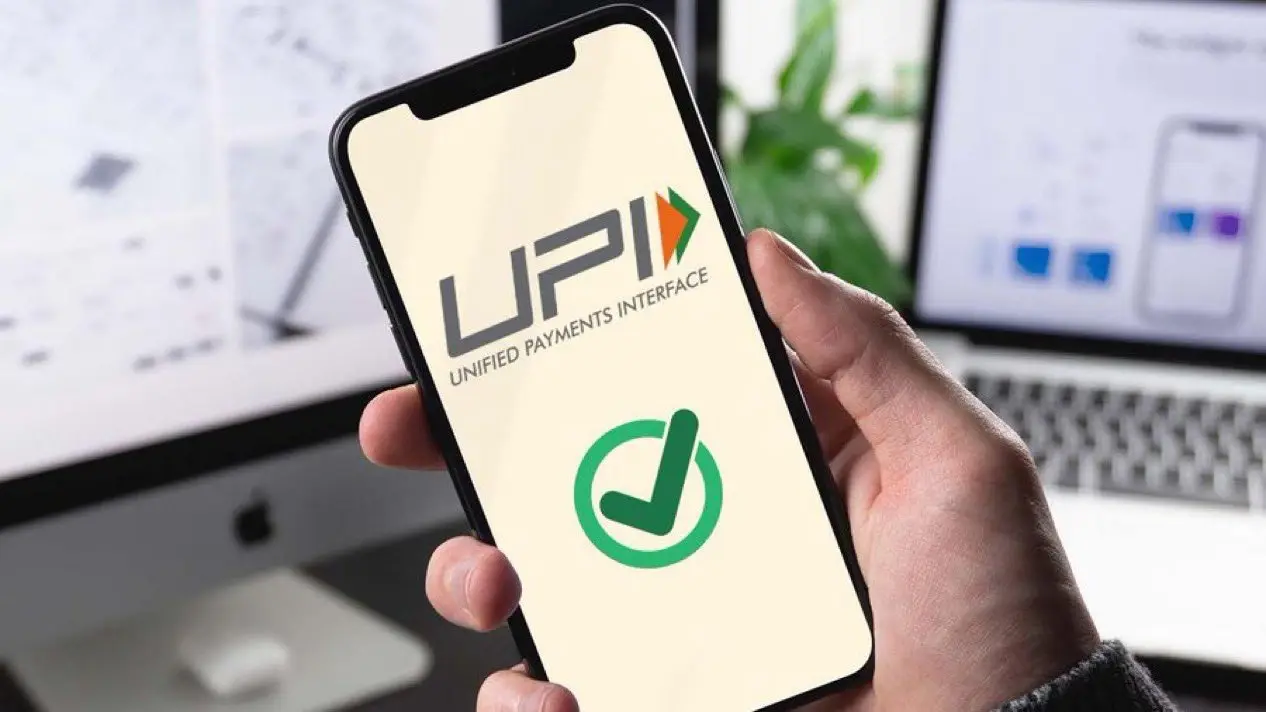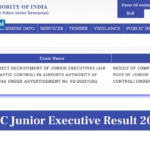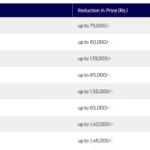Starting August 1, 2025, several new rules and regulatory changes across sectors such as LPG, banking (UPI), transportation (FASTag), and investments are taking effect in India. These changes, introduced by both government authorities and financial institutions, are likely to affect the daily lives of millions of citizens—whether you’re a household consumer, a commuter, or an investor. Understanding these transitions is essential to stay compliant and avoid any last-minute surprises.
Let’s break down all the major rule changes that kick in from today, and what they mean for your wallet and lifestyle.
1. LPG Cylinder Price Revision
As per the usual monthly schedule, the prices of Liquefied Petroleum Gas (LPG) cylinders have been revised starting August 1. The Indian Oil Corporation (IOC), Bharat Petroleum (BPCL), and Hindustan Petroleum (HPCL) have all announced price changes for both domestic and commercial cylinders.
What’s New:
- Domestic (14.2 kg) cylinder prices have increased/decreased depending on global crude and refining trends.
- Commercial (19 kg) cylinder prices have seen a marginal fluctuation, impacting restaurants and businesses.
How It Affects You:
- A price hike means more household budget pressure.
- A drop could bring some relief amidst ongoing inflation.
Consumers are advised to check the updated rates in their cities through the respective oil company websites or apps like Paytm, Bharat BillPay, or MyLPG.
2. New Charges on UPI Transactions (for Merchants)
The National Payments Corporation of India (NPCI) has announced a revision in UPI interchange fees for merchant transactions involving prepaid payment instruments (PPIs), like wallets.
What’s New:
- While peer-to-peer (P2P) and regular consumer transactions via UPI remain free, merchant transactions through PPIs over ₹2,000 will now attract a small interchange fee.
- This does not affect normal users sending or receiving money through UPI apps like Google Pay, PhonePe, Paytm, or BHIM.
How It Affects You:
- You won’t pay extra if you’re transferring money or paying bills.
- Some merchants may pass on a surcharge to customers indirectly if they absorb interchange fees.
NPCI clarified that this move is to promote a sustainable digital payments ecosystem, ensuring fair revenue sharing across stakeholders.
3. FASTag Blacklisting Norms Tighten
The National Highways Authority of India (NHAI) has revised the rules for FASTag users, aiming to improve toll collection efficiency and compliance.
What’s New:
- From today, non-functional, low-balance, or improperly affixed FASTags may lead to vehicles being blacklisted instantly.
- Vehicles without a valid FASTag or with a low wallet balance will not be allowed to pass through FASTag lanes, and they may incur double toll or be denied passage.
How It Affects You:
- Make sure your FASTag is recharged and correctly linked to your vehicle number.
- Check your balance before a road trip via the NHAI FASTag app or issuer bank app.
This change is part of the government’s push for 100% electronic toll collection and aims to reduce delays at toll plazas.
4. DigiLocker Gets More Power
The government has added more documents and services under the DigiLocker platform, effective August 1.
What’s New:
- PAN, Aadhaar, and driving licenses can now be verified by more departments directly from DigiLocker.
- Educational institutions, banks, and insurance companies can now pull documents directly with user consent.
How It Affects You:
- It becomes easier to apply for loans, insurance, or jobs using verified e-documents.
- Reduces paperwork and speeds up processing for KYC and verification.
Make sure you’ve linked your Aadhaar and updated your documents in your DigiLocker profile.
5. Changes in Income Tax Rules and Compliance
Some new tax filing rules and compliance deadlines come into force from today:
What’s New:
- The last date to file Income Tax Return (ITR) for AY 2025–26 was July 31, 2025. From August 1, late filing penalties now apply.
- The penalty ranges from ₹1,000 to ₹5,000, depending on your income.
- Revised TDS rules and Form 26AS updates are now in effect.
How It Affects You:
- If you missed filing your ITR, you still can—but with a fine.
- Watch for updates in your AIS (Annual Information Statement) and Form 26AS for income reconciliation.
6. SBI and ICICI Banking Rule Updates
India’s major banks like State Bank of India (SBI) and ICICI Bank have made changes to some of their service terms starting today.
What’s New:
- SBI has revised its minimum balance requirement in urban areas.
- ICICI has introduced new debit card transaction limits and SMS alert charges for certain account types.
How It Affects You:
- Maintaining minimum balance is critical to avoid penalty deductions.
- You might see a revised monthly charge or limit notifications on your app or SMS.
Customers should check with their respective banks via net banking or visit branches for updated policies.
7. Post Office Investment Rule Change
The Indian Post Office has updated interest rates on small saving schemes like:
- Monthly Income Scheme (MIS)
- Senior Citizen Savings Scheme (SCSS)
- Time Deposits
What’s New:
- Some schemes have received a minor hike in interest (0.10%–0.20%).
- Effective for all new deposits from August 1 onwards.
How It Affects You:
- If you’re investing, check the latest ROI before locking funds.
- Senior citizens especially can benefit from the new SCSS rates.
8. EPFO Updates & Linking Aadhaar
The Employees’ Provident Fund Organisation (EPFO) has made Aadhaar seeding mandatory for claim processing and employer contributions.
What’s New:
- Non-linked UANs (Universal Account Numbers) will face restrictions on withdrawal and deposits.
- Employers have been asked to update KYC by today.
How It Affects You:
- Link your Aadhaar ASAP via the EPFO portal.
- You may experience delays in salary credit or PF claims if your UAN is not verified.
Conclusion
As we begin August 2025, a slew of new regulations is set to influence how we spend, save, and travel. While some changes may bring relief, like lower LPG prices or higher returns on postal investments, others—like tighter FASTag norms or UPI merchant fees—may require us to adapt quickly.
Staying informed is the best way to ensure your compliance and financial stability. Keep an eye on updates from your bank, government portals, and service providers. Simple actions like updating DigiLocker, checking FASTag balances, and linking Aadhaar to EPFO can go a long way in avoiding last-minute hassles.
FAQs
Q1. Will I be charged extra for using UPI now?
No. Regular person-to-person transactions remain free. Only certain high-value merchant transactions using wallets will see charges.
Q2. What happens if my FASTag is blacklisted?
Your vehicle may be denied passage at toll plazas or charged double. Always keep it active and sufficiently funded.
Q3. Can I still file my ITR after July 31?
Yes, but with a late fee ranging from ₹1,000 to ₹5,000 depending on your income level.
Q4. How do I check new LPG rates?
Use the Indian Oil, HPCL, or BPCL websites or mobile apps, or check through Paytm and Bharat BillPay.
Q5. Is DigiLocker now accepted by all government offices?
More departments are integrating DigiLocker, making it easier for users to submit and verify documents digitally.










